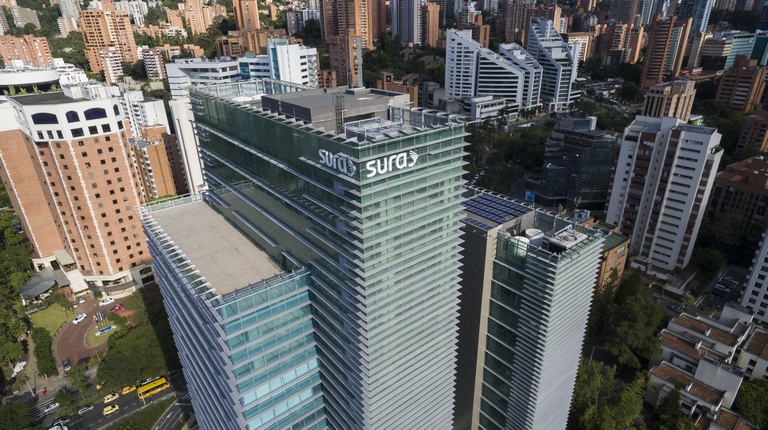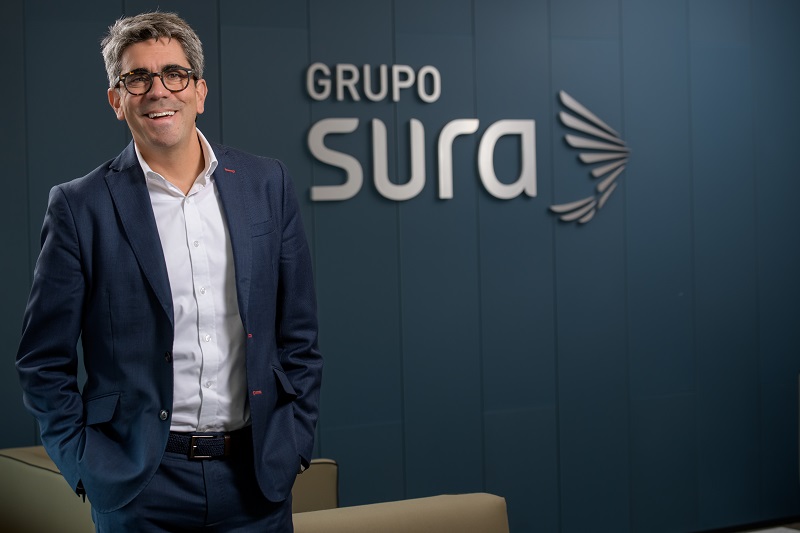SURA Asset Management presents its second International Research Study entitled “How to Strengthen Latin American Pension Systems” this time in Mexico
• SURA Asset Management, the leading pension fund management firm in Latin America and a subsidiary of Grupo SURA, presented its latest research study on "How to Strengthen Latin American Pension Systems" covering all the latest progress, challenges and proposals for the Latin American pension sector.
• The Mexican pension system has made a lot of important progress to date. However, there are still significant challenges ahead, as addressed in the aforementioned study, including a high degree of fragmentation and lack of appropriate levels of connectivity between the system´s different pillars; low coverage; low portability between many existing programs; duplication between beneficiaries and financial difficulties.
• The forum at which the case in Mexico was presented and analyzed was attended by Carlos Ramirez, Chairman of CONSAR and Carlos Noriega, Chairman of Amafore.
• The main conclusions and proposals for improving the system were put forward by Andrés Castro, CEO of SURA Asset Management for Latin America; Paul Sprenger, CEO of SURA Mexico and; Alejandro Villagomez, a researcher and economist for CIDE who was responsible for carrying out this study in Mexico.
Mexico City, May 26, 2015 - "How to Strengthen Latin American Pension Systems", is the second international study to be commissioned by SURA Asset Management for the purpose of analyzing the different features that the different Latin American pension systems share as well as what sets them apart based on the history, the economic and political conditions as well as the specific idiosyncrasies of each country.
This investigation was carried out by well-known specialists who have studied the pension systems in Chile, Colombia, El Salvador, Mexico, Peru and Uruguay . It is mainly focused on the reforms implemented by all six countries in the eighties and nineties, when individual capitalization programs with defined contributions were introduced.
Similarly, the study included the experience obtained with non-contributory programs in a group of European countries belonging to the OECD, as well as the voluntary pension savings pillar in the UK, the US and New Zealand .
Andrés Castro , CEO of SURA Asset Management, stated that the purpose of this study was to drive public policy-making through a greater degree of participation and providing concrete, well supported technical proposals as to how the Latin American pension systems can be improved upon. "The Company's goal is well aligned with that of the authorities as well as pension fund members, in the sense of being able to obtain better replacement rates so that people can look forward to receiving pensions with which they may adequately attend their needs and welfare once they reach the end of their working lives," he stated.
There is no single solution, says the book, "on the one hand a set of measures need to be implemented in order to perfect the design and operating performance while driving the results and complementarity of the various pillars of the pension system and, on the other, the information, education and advisory services received by our pension fund members must be improved upon, so as to help them understand how the system works so that they may form reasonable expectations with their pensions and, in this way, through their savings decisions, actively help in fulfilling the replacement rate goals" .
Local challenges
An important feature of the Mexican pension system is the high degree of fragmentation prevailing with all of its pillars, this due to the fact that there has never been a planned and comprehensive social policy but rather isolated responses to different problems encountered over time, many of which involve contractual negotiations within the public sector.
The study lists the major challenges faced by the Mexican pension system, highlighting the following:
1. The problem of an informal economy, which comes to approximately 60%
2. The low percentage of contributions paid into the system as well as the replacement rates and pension benefits that can be achieved based on these lower contributions.
3. The degree of fragmentation existing between contributory and non-contributory programs.
4. The degree of flexibility in terms of pension fund investments (the maximum limit on foreign investment in Mexico is set at 20%).
5.The policy defining the commissions charged by Mexican Pension Fund Management firms and the need for a longer-term approach to be taken.
Mexico, however, has the advantage of having a younger pension system. In this sense, Mexico can learn a lot from other countries with older systems such as Colombia or Chile.
This study was coordinated by the Chilean economist Rodrigo Acuña, who also conducted research in Chile, El Salvador and Uruguay. Also, other studies concerning individual countries were conducted by four prominent researchers. In Peru, Miguel Palomino; in Mexico, Alejandro Villagómez; in Colombia, Leonardo Villar, and Diego Valero who was in charge of the OCDE member countries.
This study, including its recommendations for improving the region´s pension systems has been made available on the following website: http://www.sura-am.com/es/Publicaciones/Estudio-de-Pensiones-2014-Tomo-I.pdf
About Grupo SURA
Grupo de Inversiones Suramericana –GRUPO SURA- , the parent company of the SURA Business Group, is a Latin American company listed on the Colombian Stock Exchange and registered with the ADR- Level 1 program in the United States. It is also the only Latin American company from the Diversified Financial Service Sector to be admitted to the Dow Jones Sustainability Index (DJSI), which tracks companies who have become global benchmarks thanks to the best practices they have adopted from the economic, environmental and social standpoints. GRUPO SURA has two fields of investment: its core strategic interests in the financial service, insurance, pension, savings and investment sectors; as well as its industrial interests mainly in the processed food, cement and energy sectors.
About SURA Asset Management
SURA Asset Management is a Latin American Company operating in the Pension, Savings and Investment sectors in Mexico, Peru, Chile, Colombia, Uruguay and El Salvador. Besides being a subsidiary of Grupo SURA, the Company has six minority shareholders, namely, the International Finance Corporation (IFC), member of the World Bank Group, Grupo Bolívar, Bancolombia, the International Equity Firm, General Atlantic, JP Morgan and the Grupo Wiese. At year-end 2014, SURA Asset Management held a total of USD 114 billion in Assets Under Management belonging to 17 million clients .
About SURA in México
SURA México's portfolio of companies includes Afore SURA, Pensiones SURA, SURA Investment Management and Seguros de Vida SURA. At year-end 2014, it recorded more than MXN 404 thousand million in assets under management, slightly more than 3,300 employees and more than 6.1 million clients.










